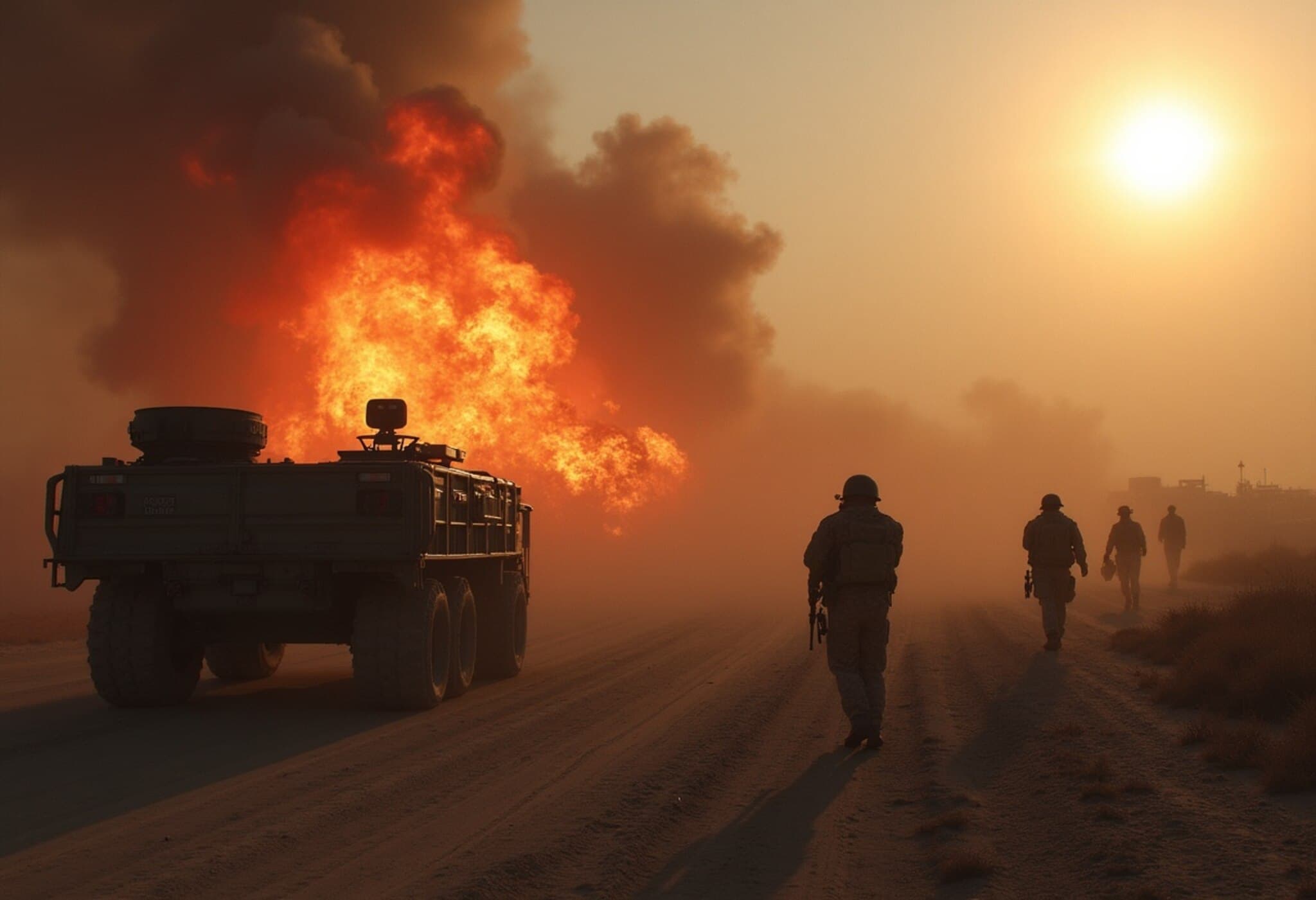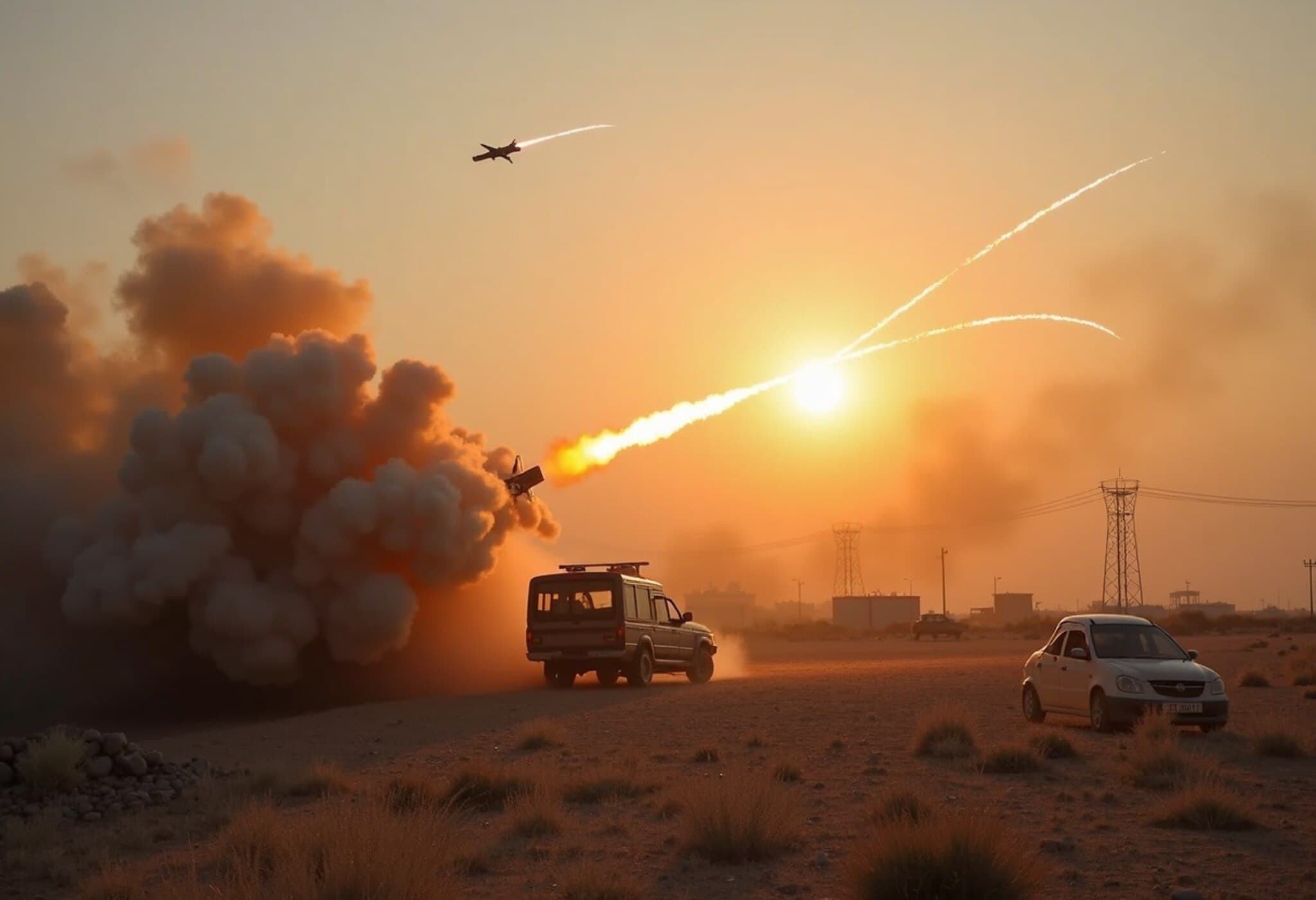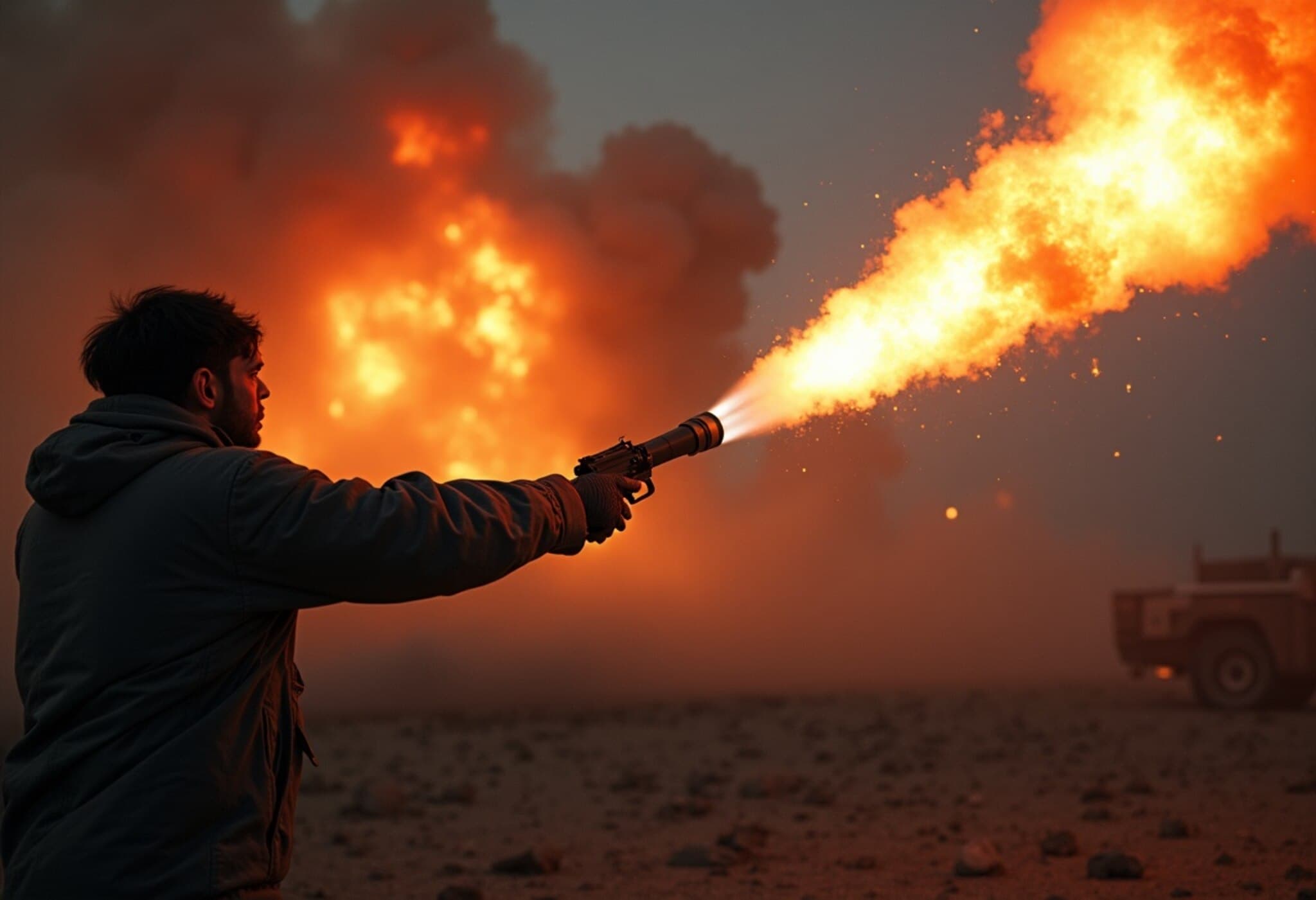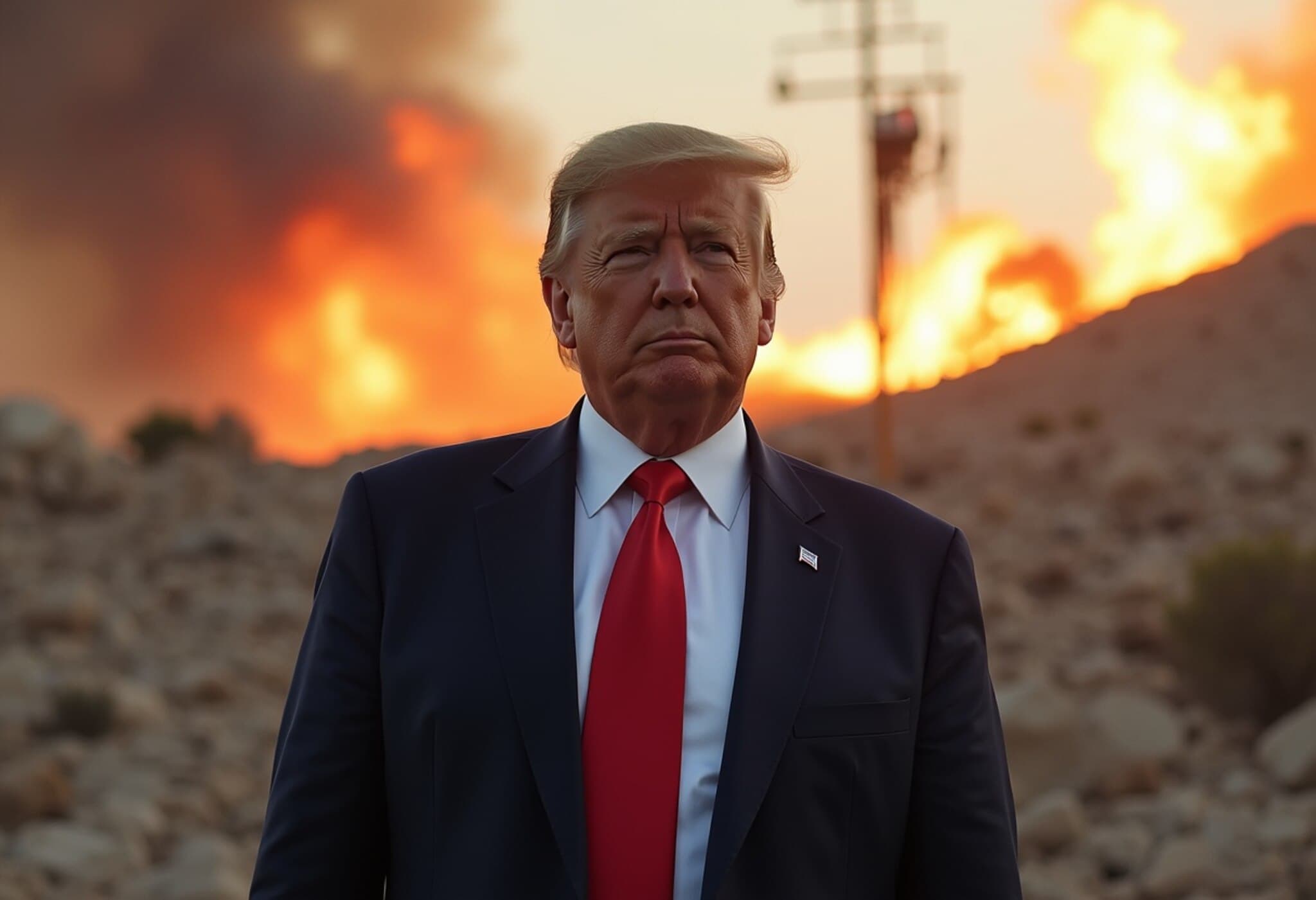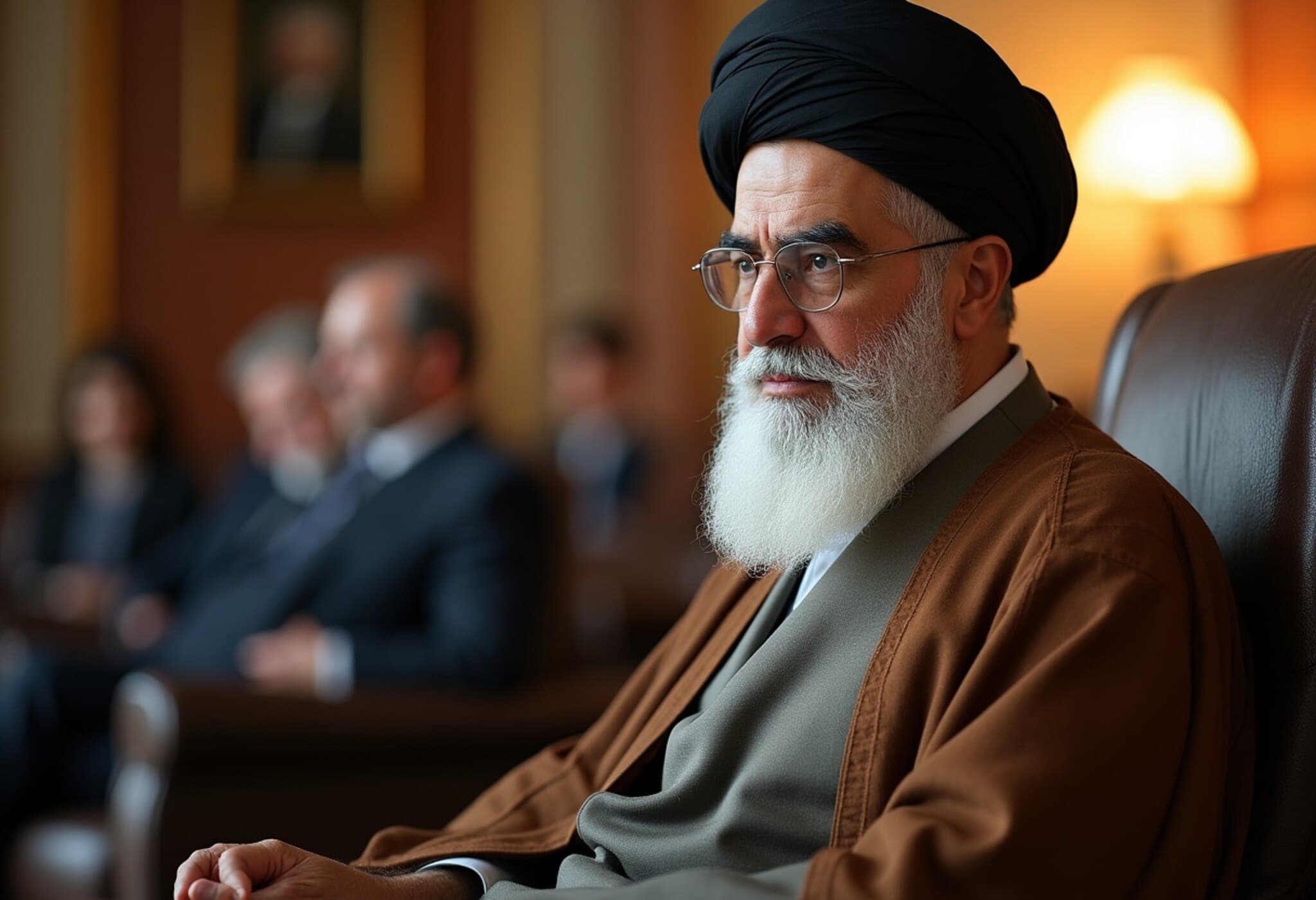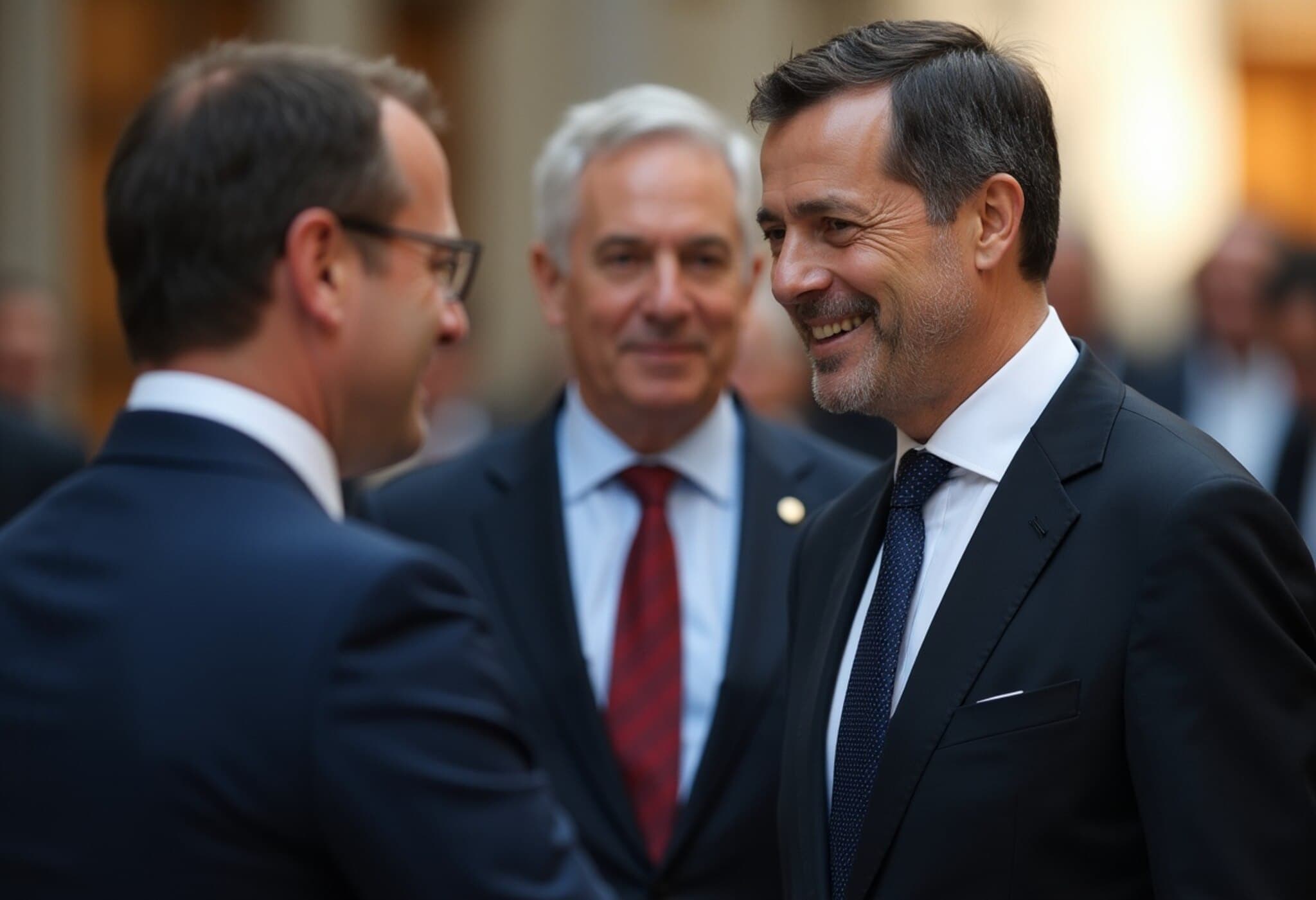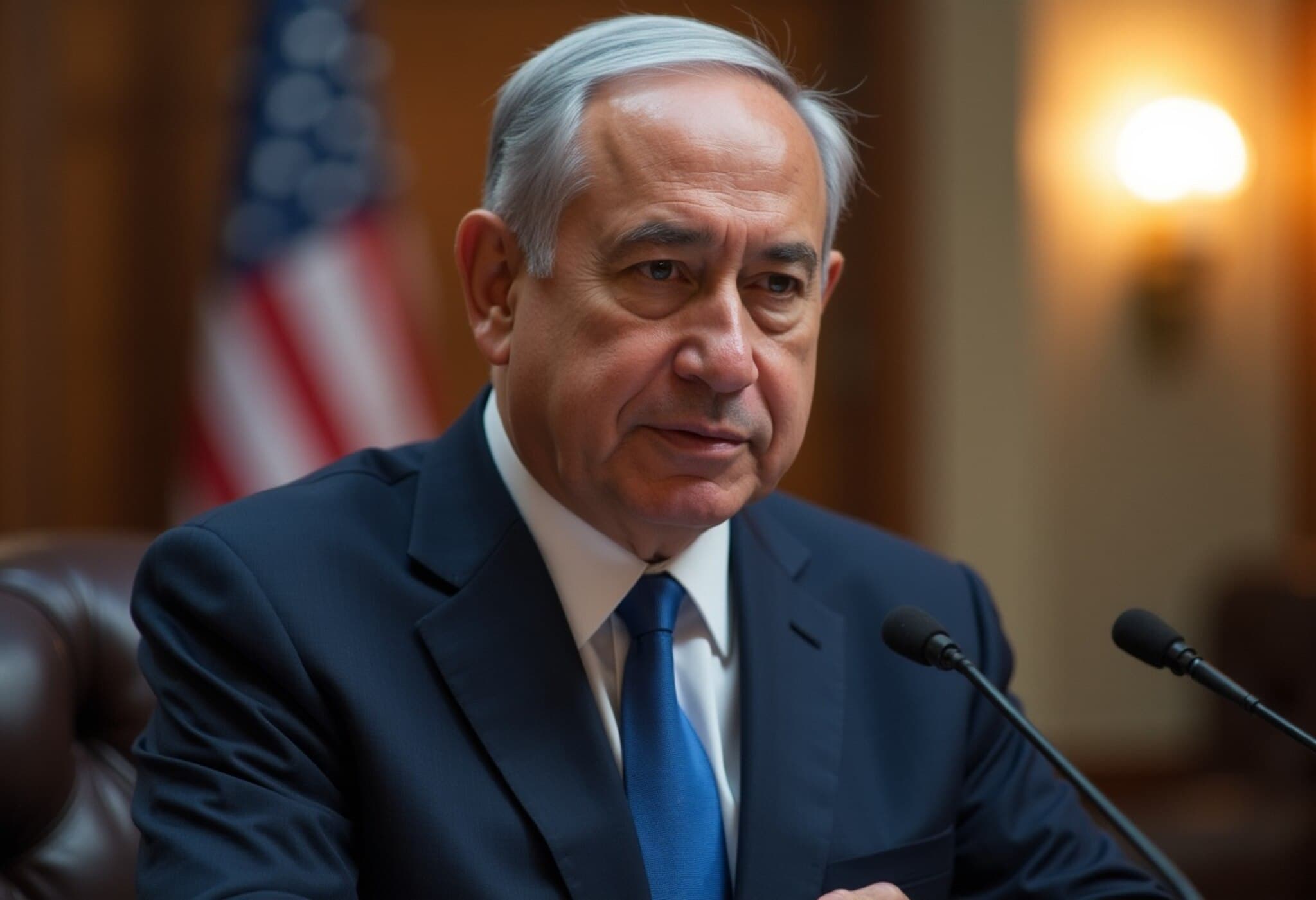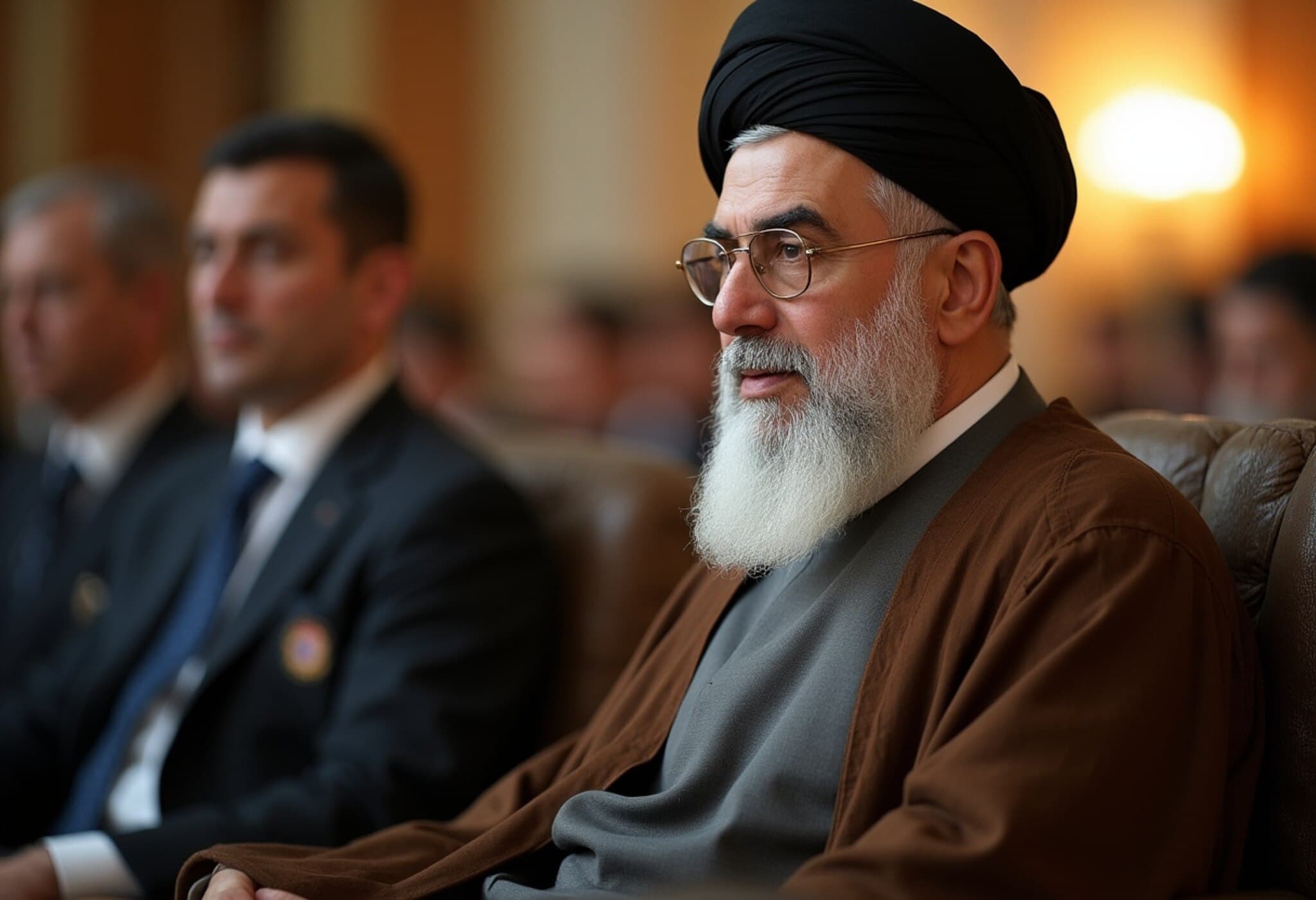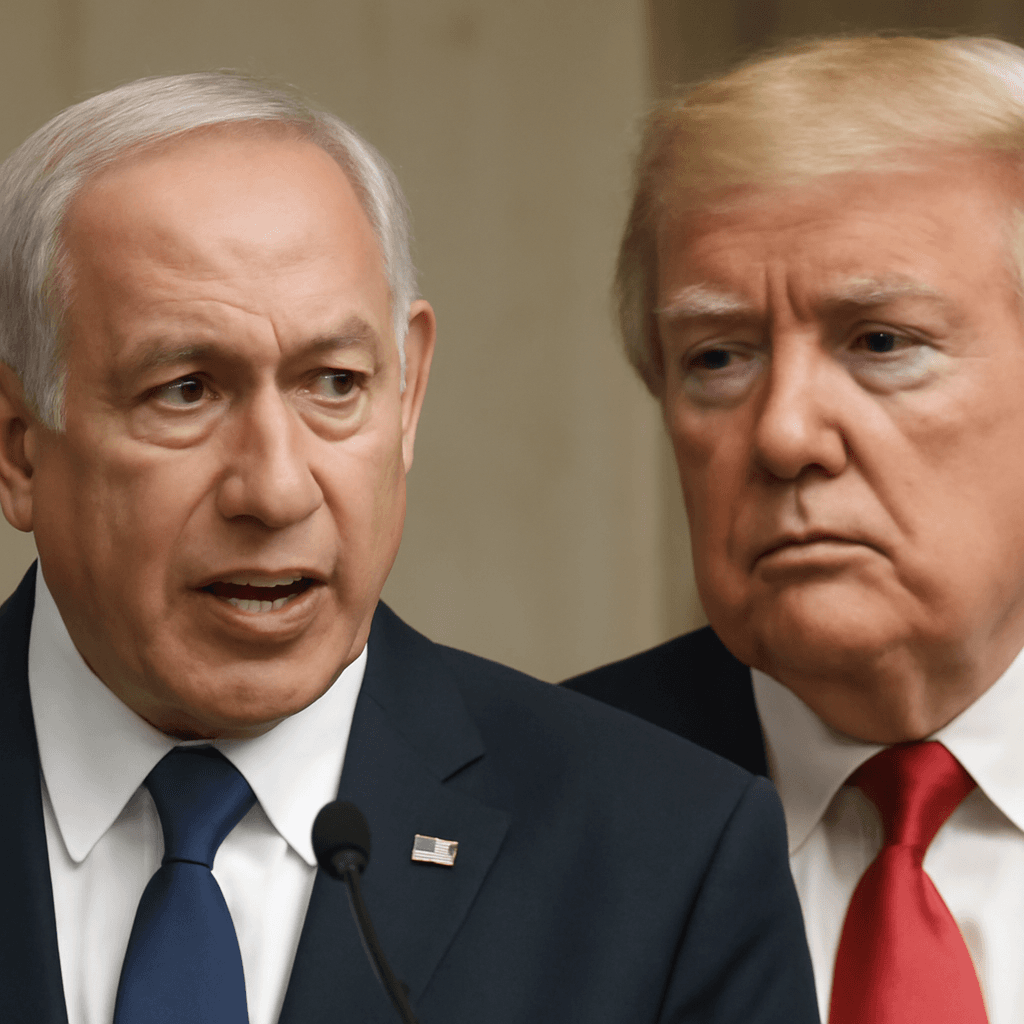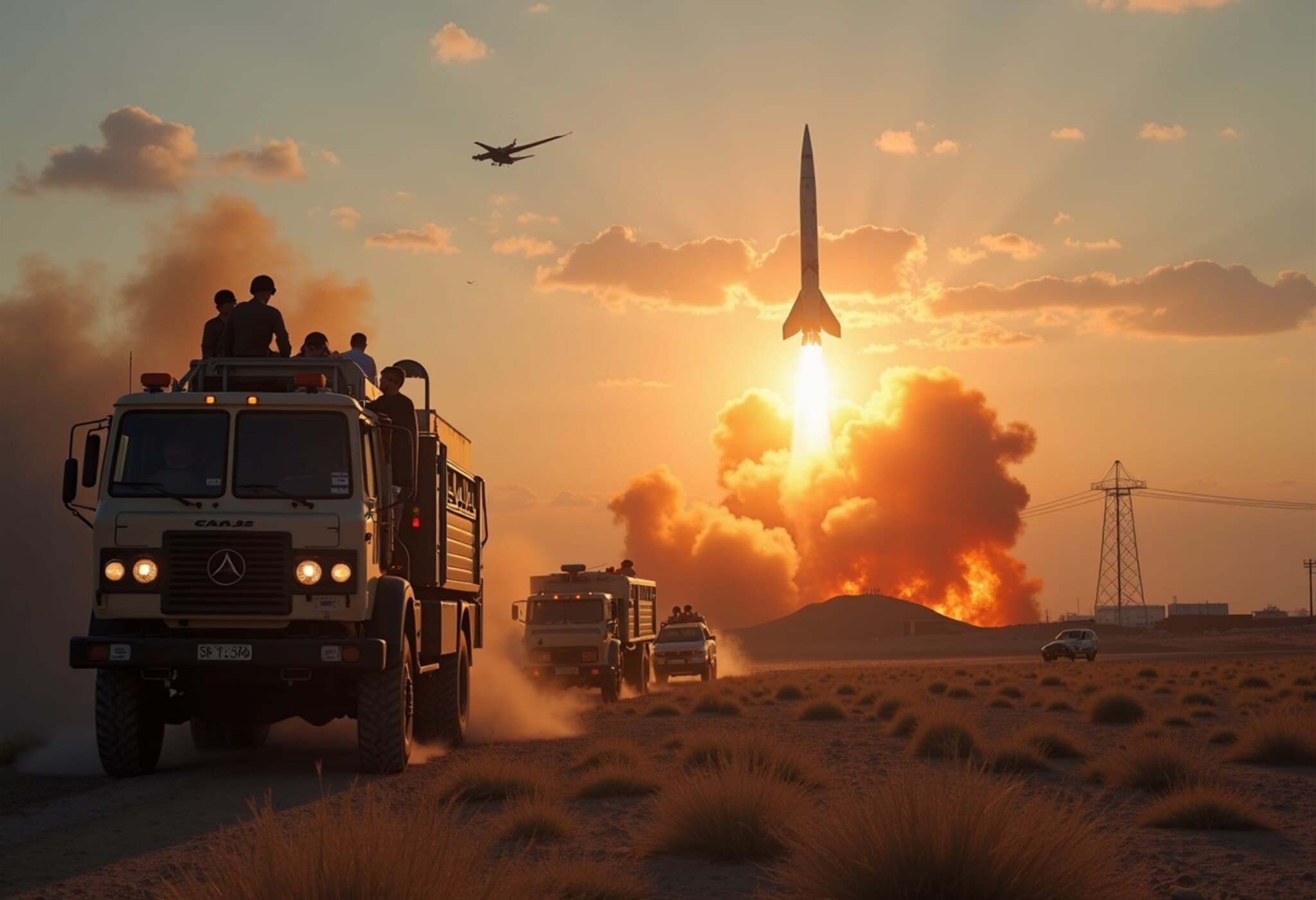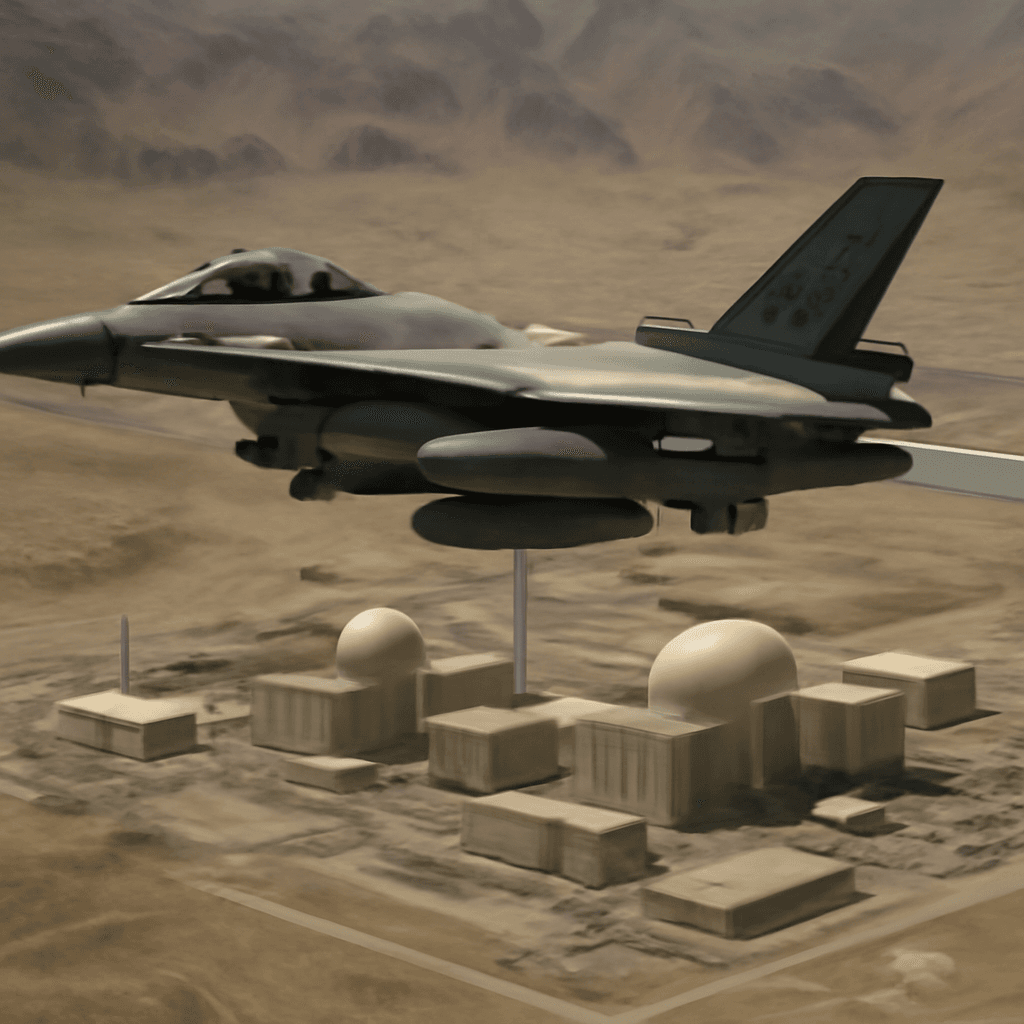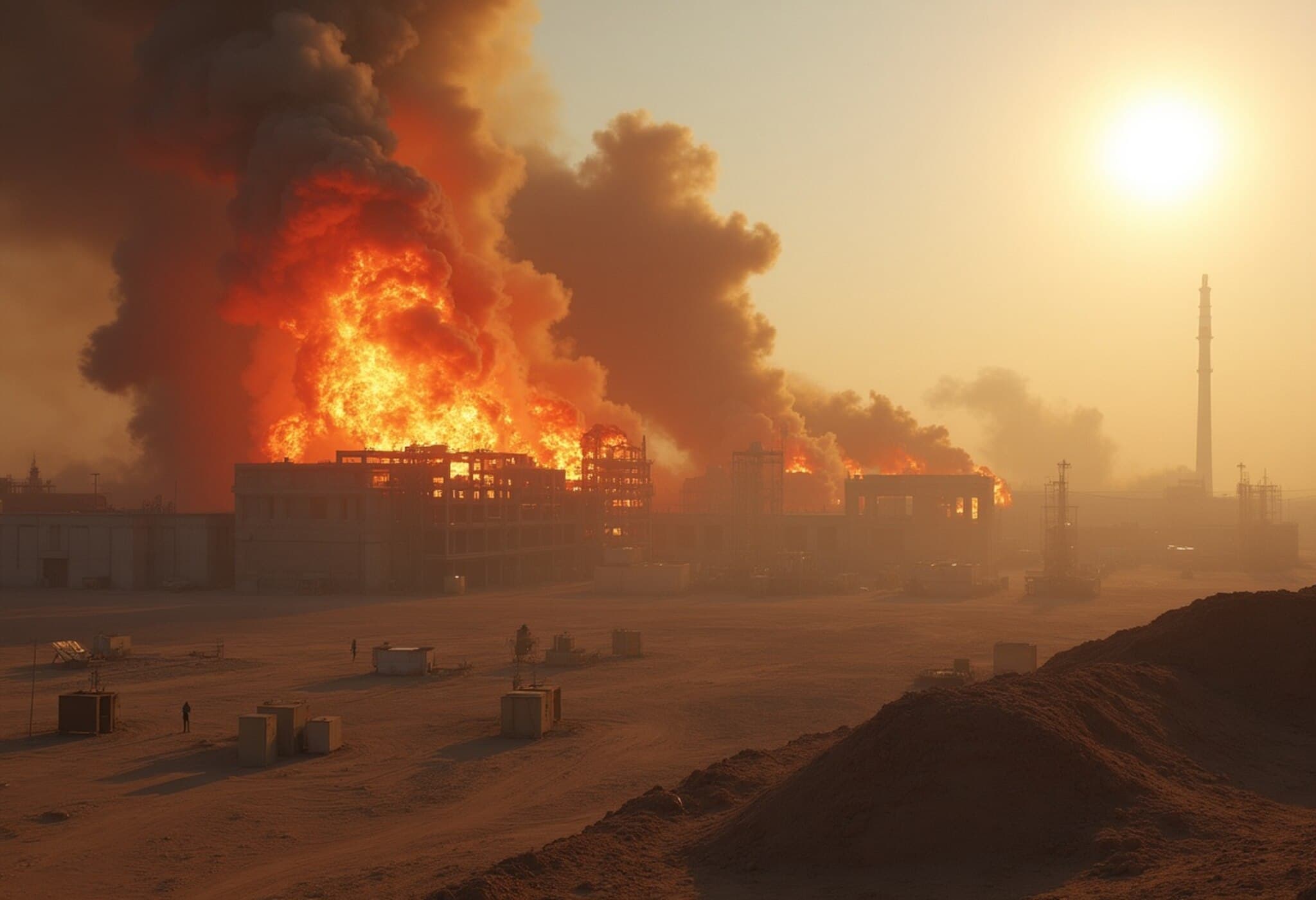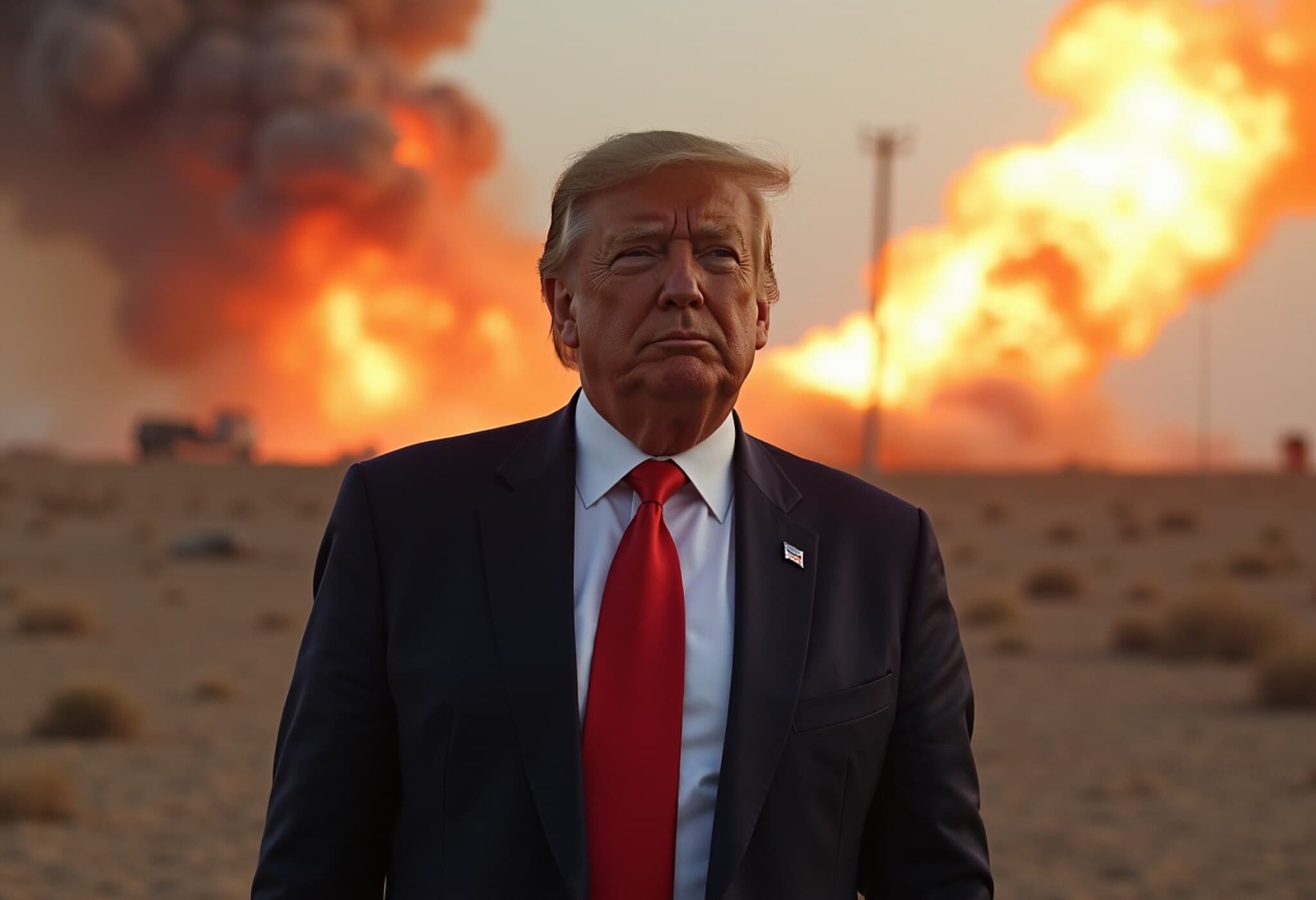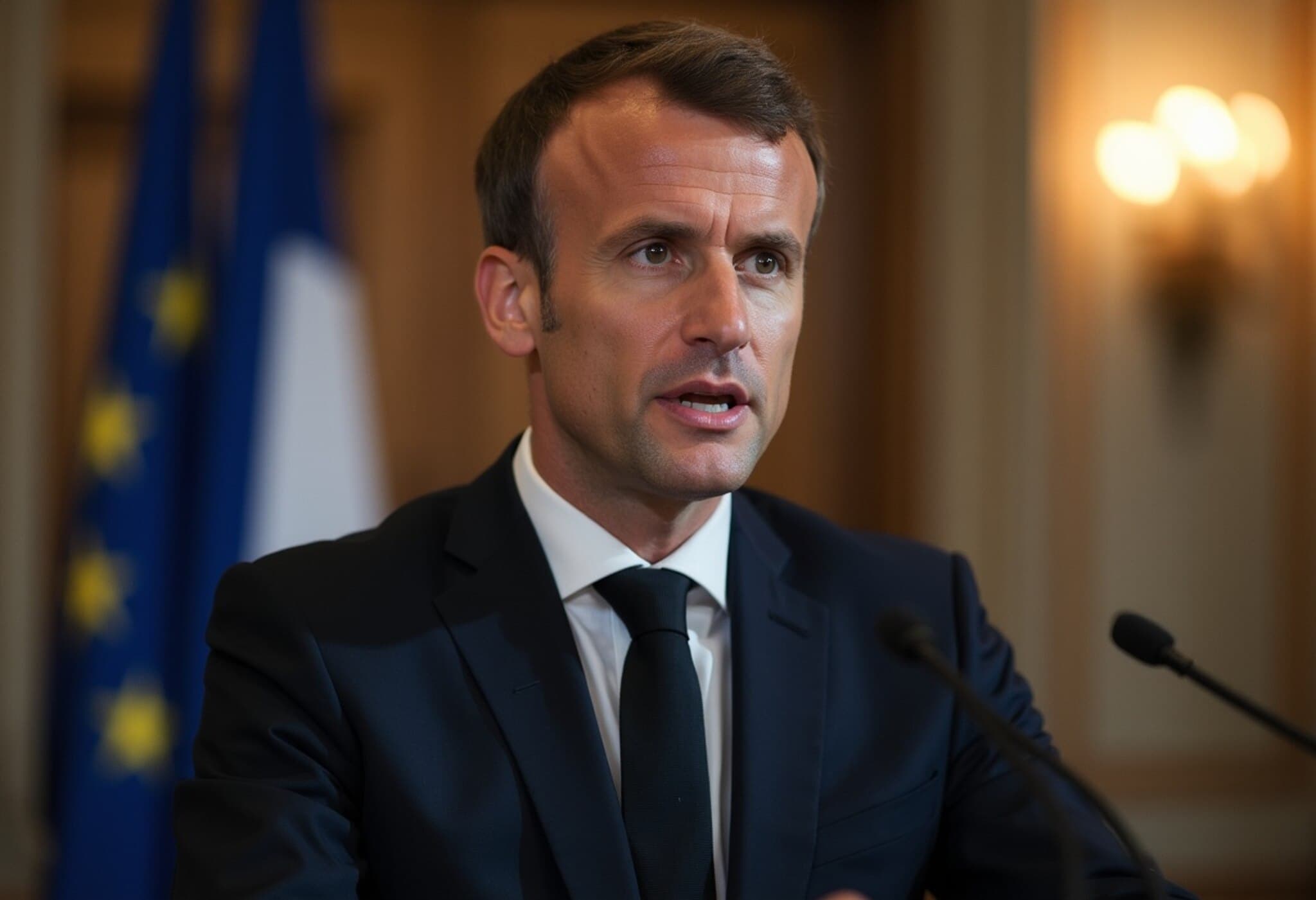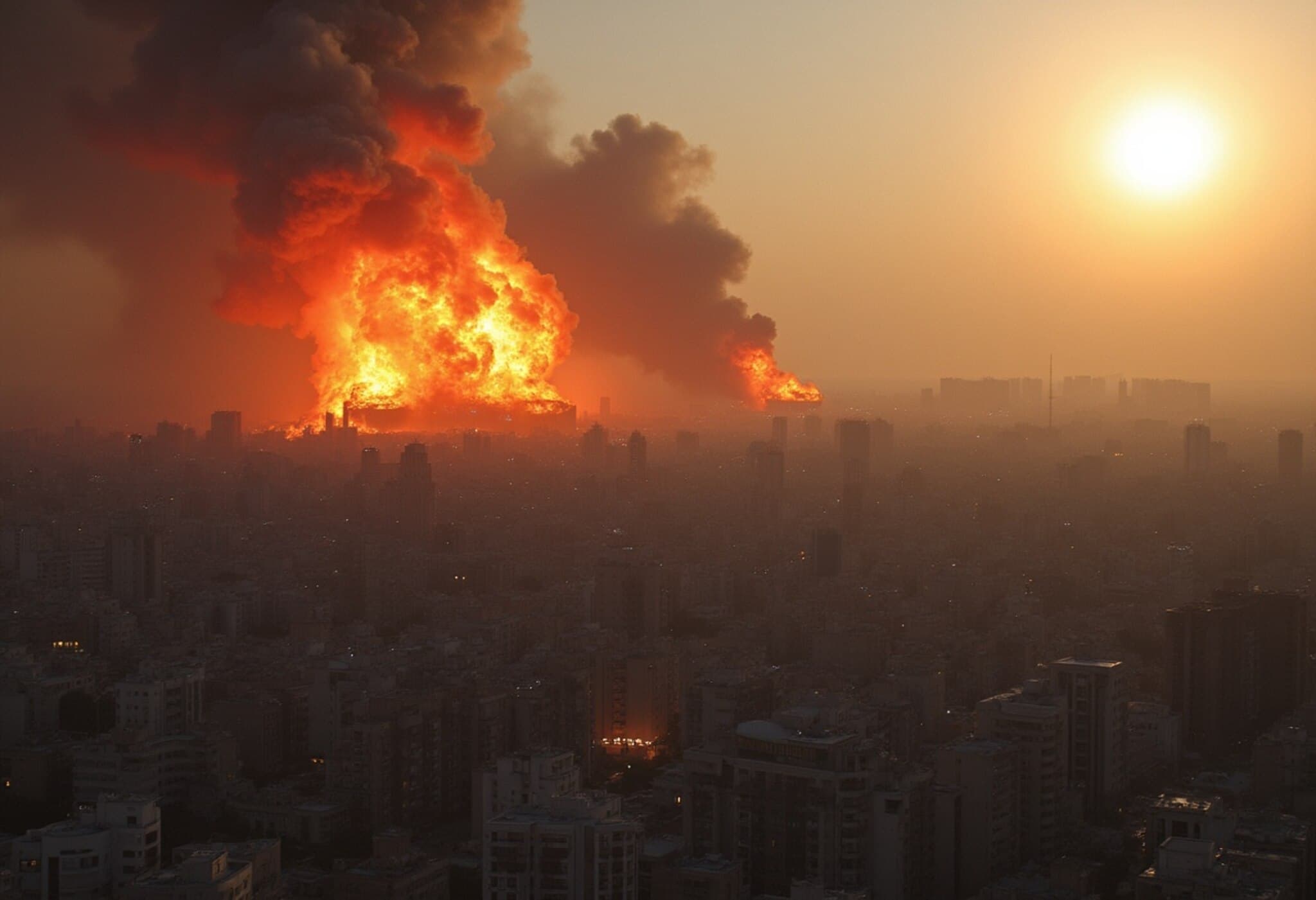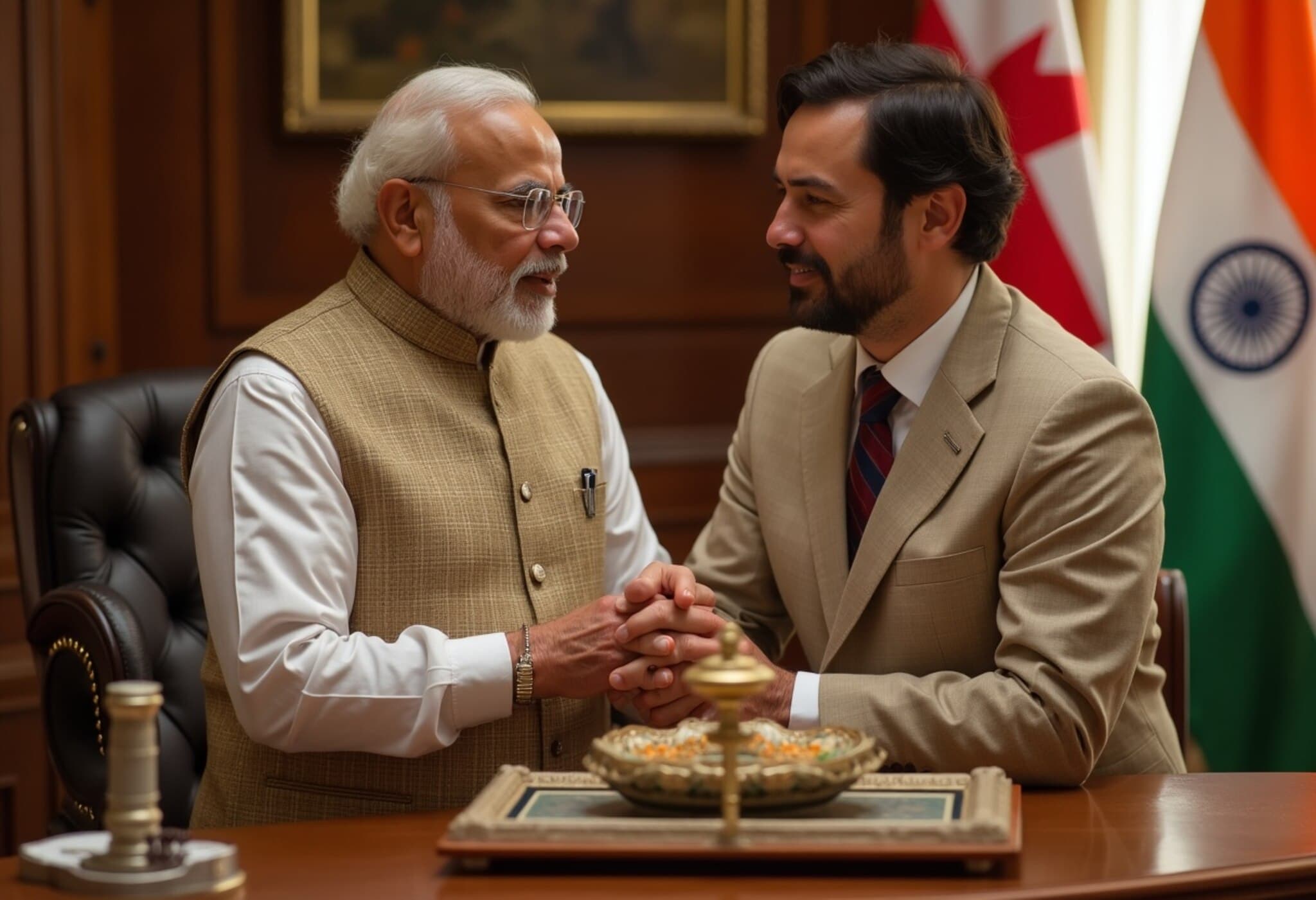Trump Approves Military Strike Plans Against Iran Without Final Order
US President Donald Trump has given the green light to military strike plans targeting Iran but has yet to issue a final order to launch attacks. The decision remains on hold as the administration awaits Tehran's response concerning its nuclear program.
Privately informing senior advisors, Trump emphasized his demand for Iran’s unconditional surrender on nuclear development, seeking a "total and complete victory" rather than a temporary ceasefire.
Inside the Potential Attack Strategy
When questioned about the possibility of striking Iran, Trump remarked, "I may do it, I may not do it," underscoring the rapidly evolving circumstances. He prefers to finalize decisions at the very last moment, stating, "One second before it’s due," since "things change, especially with war." He signaled that the next week could bring significant developments, perhaps even sooner.
The approved strike plans reportedly focus on crucial nuclear installations, particularly the Fordow uranium enrichment facility. Located deep underground, Fordow is notoriously difficult to destroy and would require the most powerful ordinance for effective targeting. This preparation illustrates the US readiness to escalate militarily if Iran refuses to halt its nuclear pursuits.
Heightened Middle East Tensions Amid Possible US Intervention
These developments coincide with rising regional tensions following Israeli airstrikes on Iranian nuclear and military sites, including locations in Tehran and fortified hubs like Fordow and Nantaz. Officially, Iran insists its nuclear program serves peaceful purposes, but Israel, the US, and other world actors suspect weaponization intentions.
The recent Israeli strikes have caused significant casualties, with over 450 reported dead in Iran and 24 in Israel. Though the US publicly denies direct involvement in Israel’s offensive, intelligence reports reveal American assistance in intercepting Iranian missile retaliations.
Moreover, the US military has bolstered its presence in the eastern Mediterranean and Arabian Sea, deploying additional naval forces. While described as defensive, these moves position the US for potential engagement, heightening the stakes in the region.
In a stern response, Iran’s Supreme Leader Ayatollah Ali Khamenei rejected Trump’s demands outright, warning of "irreparable consequences" if the US advances with military action.

